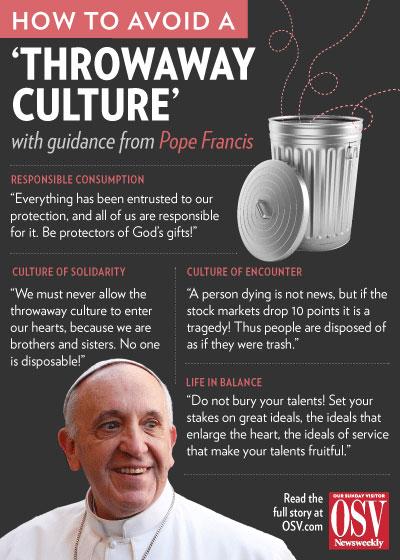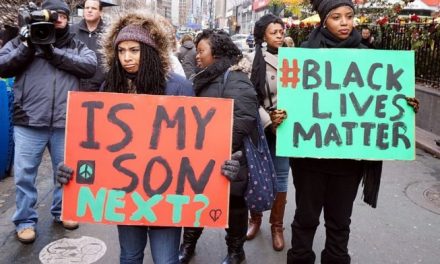As I drove home this evening, slowly moving down the Van Wyck Highway Service Road, I watched as an older homeless man weaved through traffic begging for help. I pulled what cash I had accessible but he moved over to the next lane – I did not know how to signal safely for him to come over. Then the red light turned green and suddenly traffic began to race. Car after car trying to make the light and get home – and I watched in my rear view mirror as this despondent older man froze, turned slightly and stood on the white line as cars whizzed by on either side of him. I prayed that he would be safe.

Everyone is breathing a sigh of relief – an immovable faction of the House Republicans were not able to completely undo the union and with it the global economy. And yet, on one level they have won. They have successfully made sequestration the new normal, successfully forced the conversation to the lowest level possible – keeping the doors open and the bills paid. How does one undo the devastating effects of sequestration on the poor, vulnerable, and marginalized when keeping government open at all is on the table?
In August, the Atlantic monthly ran an article on the drops in homelessness that had occurred since 2000. Due to effective and financially supported government programs, we began to make great strides in combating homelessness. While lauding the progress, Stephen Laurie questioned why it is that homelessness was declining and no one was bothering to tell that story.
They are unlikely to have much power in an age of austerity and there seems to be little recognition or reward to be gained for politicians by serving the homeless.
As quietly a homelessness has fallen, so too it will go up quietly – without major intervention. The United States Department of Housing and Urban Development estimates that sequestration cuts from homelessness programs are set to expel 100,000 people from a range of housing and shelter programs this year. That’s nearly one sixth of the current total homeless population. Far from gently raising the homeless rate, it would undo a full decade of progress.
Unless the 2014 budget remedies some of the change coming to housing services in the second half of this year, the homelessness rate will soon rejoin other bleak indicators of economic recovery. The President can make a public plea for increased assistance for remarkably well-functioning homelessness initiatives. Congress can act to save the surprising success story of Bush era and stimulus programs. The general public can advocate for the vulnerable within their community.
But first, we have to notice what we’ve learned to ignore.
I do not see significant evidence that we will learn to notice what we’ve learned to ignore before it is too late. Yet, I’d like to parse out two important points in this analysis that are a bit more complicated – first, the decline in homelessness and second, the fragility of that progress and the persons these numbers represent.
Nationally, homelessness has declined significantly; however, the data is largely pre-sequestration and homelessness varies so greatly by state that the national homelessness data is deceptive. Some states are seeing sustained reduction, my home state of New York, however, has seen a 10% increase in homelessness.

In addition, family homelessness and the number of children who experienced homelessness is on the rise, around 239,000 families nationally experienced homelessness in one night in 2012.
New York City is now at a ten year record high spike in homelessness. 21,000 children sleep in NYC shelters each night . According to the Coalition for the Homeless,
the number of homeless New Yorkers sleeping in emergency shelter each night has passed 50,000 – a 61% increase since Mayor Bloomberg took office in January of 2002. The number of homeless children is now over 21,000 per night, also an all-time high.
—
— Child homelessness continues to surge: In January, an average 11,984 families, up 73% since Mayor Bloomberg took office, and 21,034 children, up 22% from a year ago and 61% from 2002, stayed in shelters each night.
— Length of stay now over one year: With few affordable housing options, the average length of shelter stay for families with children is up 10% to a record 375 days. Families without children averaged a whopping 484 days in shelter.
In 2009, those numbers were 38,000 a night and 12,000 children.

If you survey reports on homelessness – the bulk of the funding combating homelessness is federally allocated funds. Programs that were initiated as part of the recovery effort are all subject to cuts under sequestration. We cannot allow the framework of the debate to be determined by those who just effectively brought the government to a halt for more than two weeks. The issue is not abstract, it is not an ideological debate about the size of government. But it is an identity crisis – who do we want to be as a nation? as a community? Do we stand for human rights or not? Will we demand an economic structure that works for all and not just a few?
The homeless man weaving through traffic for enough money to buy dinner does not have political clout, he does not make political donations – but he is a human being with equal dignity. His physical vulnerability and desperation so great – that he was literally standing in the middle of racing cars desperate to be noticed – to count as human. Pope Francis repeatedly warns us about the evils of our throw away culture – taking a stand must begin with a refusal to throw away our neighbors and we begin to see those who it is so easy to ignore, to blame, and to pretend are simply numbers. A midst the relief that the government has reopened we must remember the real issues we need to focus on – inequality, unemployment, poverty, and homelessness. The measure of a society is how it treats the least, and on tonight’s 11o’clock news Sen. Ted Cruz went on record not ruling out another shutdown in the new year. Certainly provides considerable evidence for Pope Francis’ indictment that the developed world runs from solidarity – will we continue to run? or will we make it “our word”?





